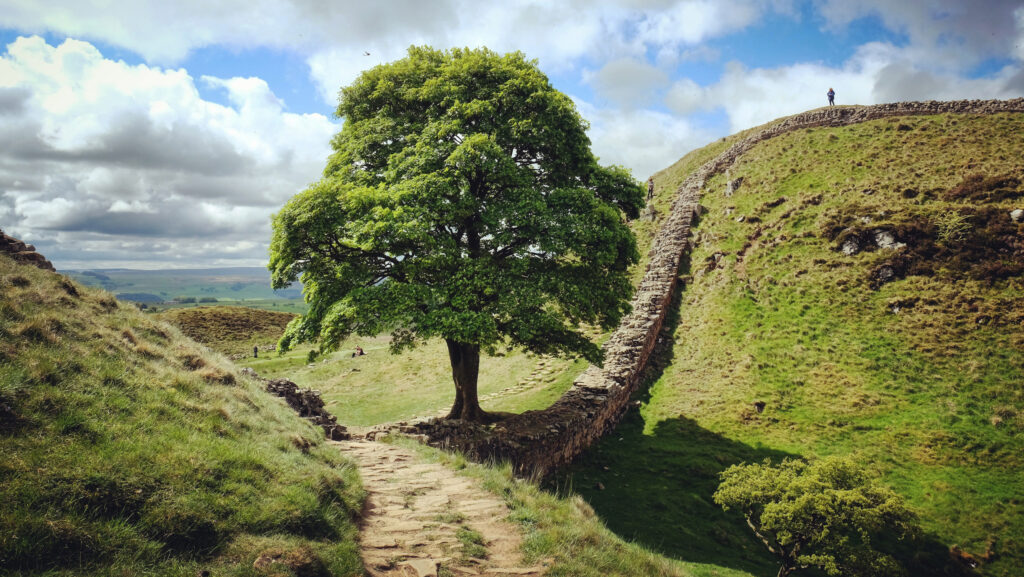Opinion: Farmers, like that ancient sycamore, are irreplaceable
 © Adobe Stock
© Adobe Stock I derived a perverse pleasure from reading about the trial of the two reprobates who felled the Sycamore Gap tree. There are definitely other news reports more worthy of attention – the continuing horror in Gaza and the relentless assault on Ukraine – but they are so incomprehensibly tragic that I find them hard to process.
The chopping down of a much-loved tree? Now that’s the sort of thing to stir an opinion in me. It’s like a plot from The Archers; an uncomplicated drama into which I can channel my frustration at the state of the world.
See also: Opinion – blackmail though tractor blockades is ineffective
I sit very much on the side of the tree. I’ll be happy to see the two hillbilly culprits pay the price for their crime, and the sorry tale at least reminds us to cherish the priceless beauty of our shared British landscape.
Well, I say “priceless beauty”. Notes from the trial reveal that the sycamore had actually been ascribed a value: the unnecessarily specific sum of £622,191, to be exact.
Does anyone know how you arrive at a valuation for a tree? Is that how much it would be worth if it was sold in those overpriced little red nets of logs that you get in filling stations? Or was it because it had starred in Robin Hood, Prince of Thieves?
Are all trees that valuable? We’ve got a 250-year-old oak tree in our garden. What’s that worth? Does it go up in value with RPI each year? Are there any readers who would like to buy our oak tree for £850,000? Is there CGT to pay if we sell it?
I’m cynical about giving natural resources a cash value. It suggests they can be bought and sold. I recognise that in a capitalist economy we have to try to find a meaningful way to represent the importance of the natural environment and our national heritage, but isn’t it a bit crass to randomly stick price tags on things, like we are running a Women’s Institute table-top sale?
Some things are too important to just reduce them to pounds, shillings and pence. This is what makes it challenging for Minette Batters, my second favourite Baroness after Floella Benjamin, as she embarks on her review of farming profitability.
Farming doesn’t generate great profits for many of us, but good farmers deliver positive outcomes for society for which they are not paid. Poor farmers create externalised costs for which they are not charged. Shouldn’t this form part of that conversation?
I suspect the baroness might find that some of our input suppliers are very profitable, if she turns her magnifying glass in that direction, but identifying ways for farmers to charge more for their goods could be difficult.
Our government chooses to set higher environmental, employment, safety and welfare standards than almost anywhere in the world while also allowing imports. We are contestants in a race to the bottom, and countries with lower standards have a big head start.
Going back to the sycamore tree, I conclude that it is impossible to replace something that has been grown slowly in tough elements for many years. The same is true of the British farming industry. If we do not value what we have, no amount of money will bring it back when it’s gone.

